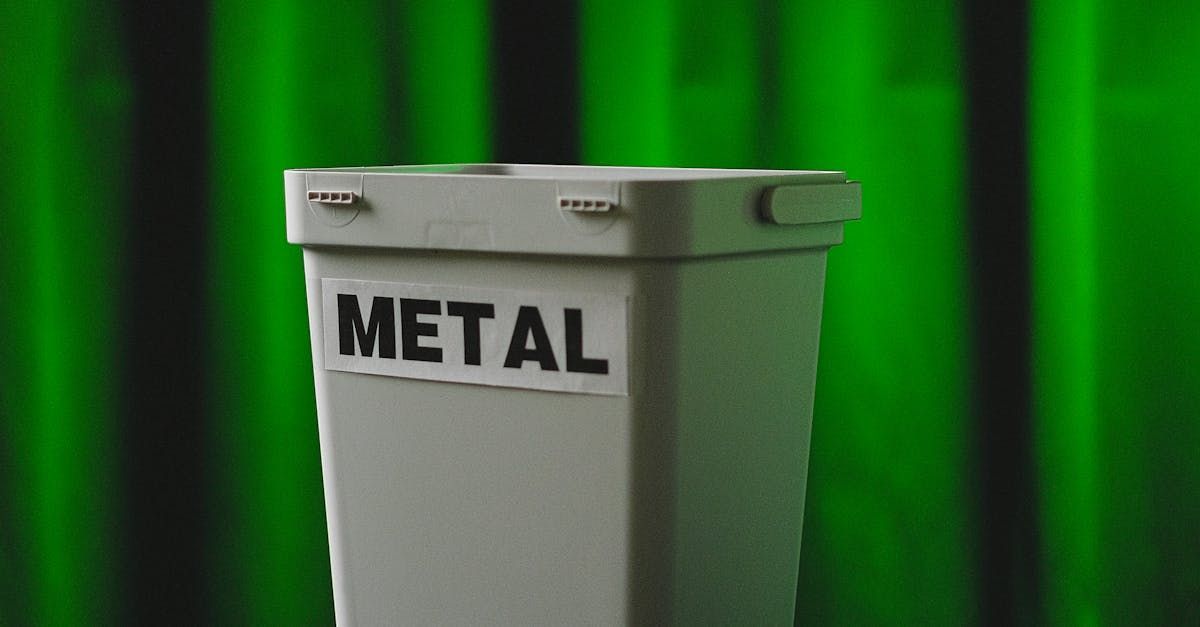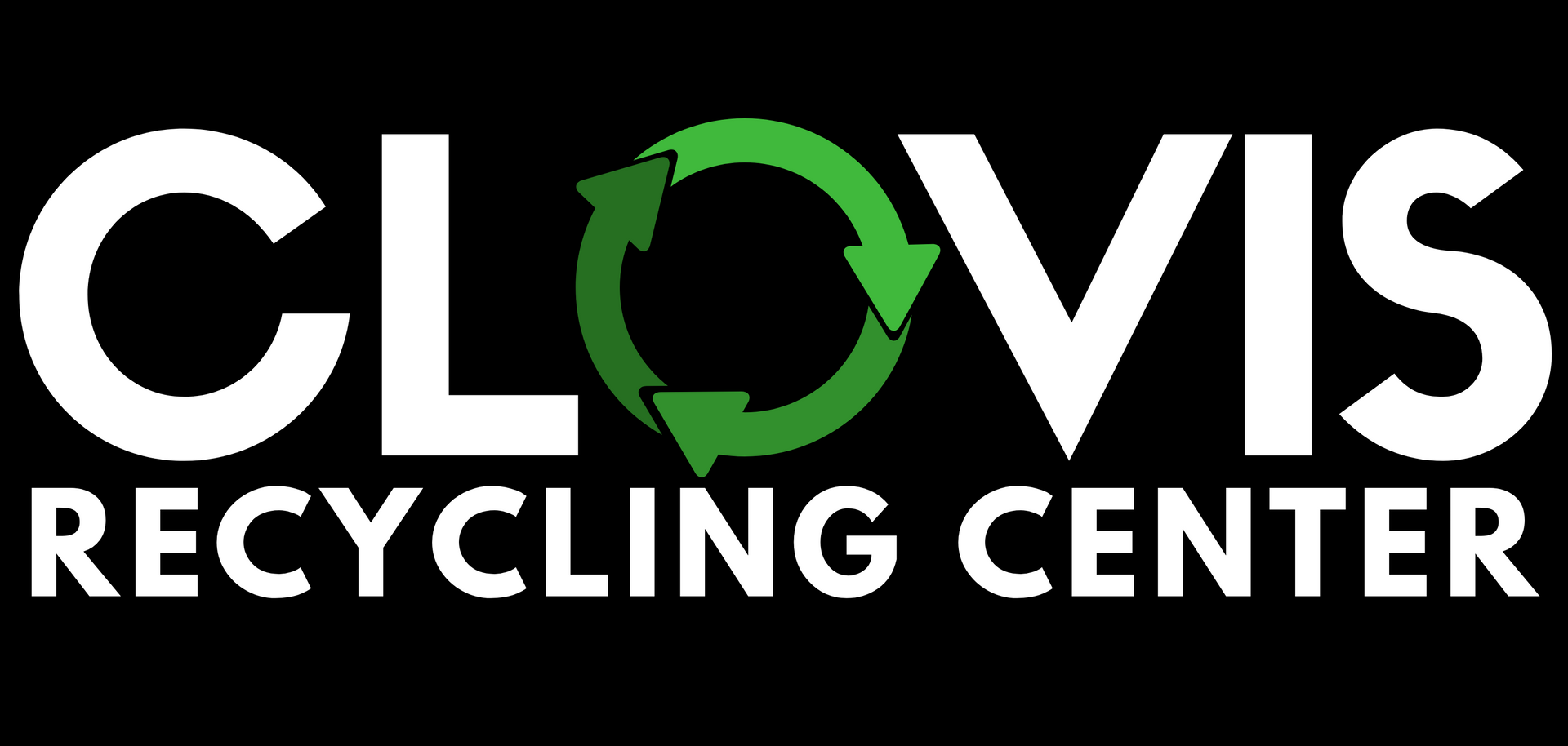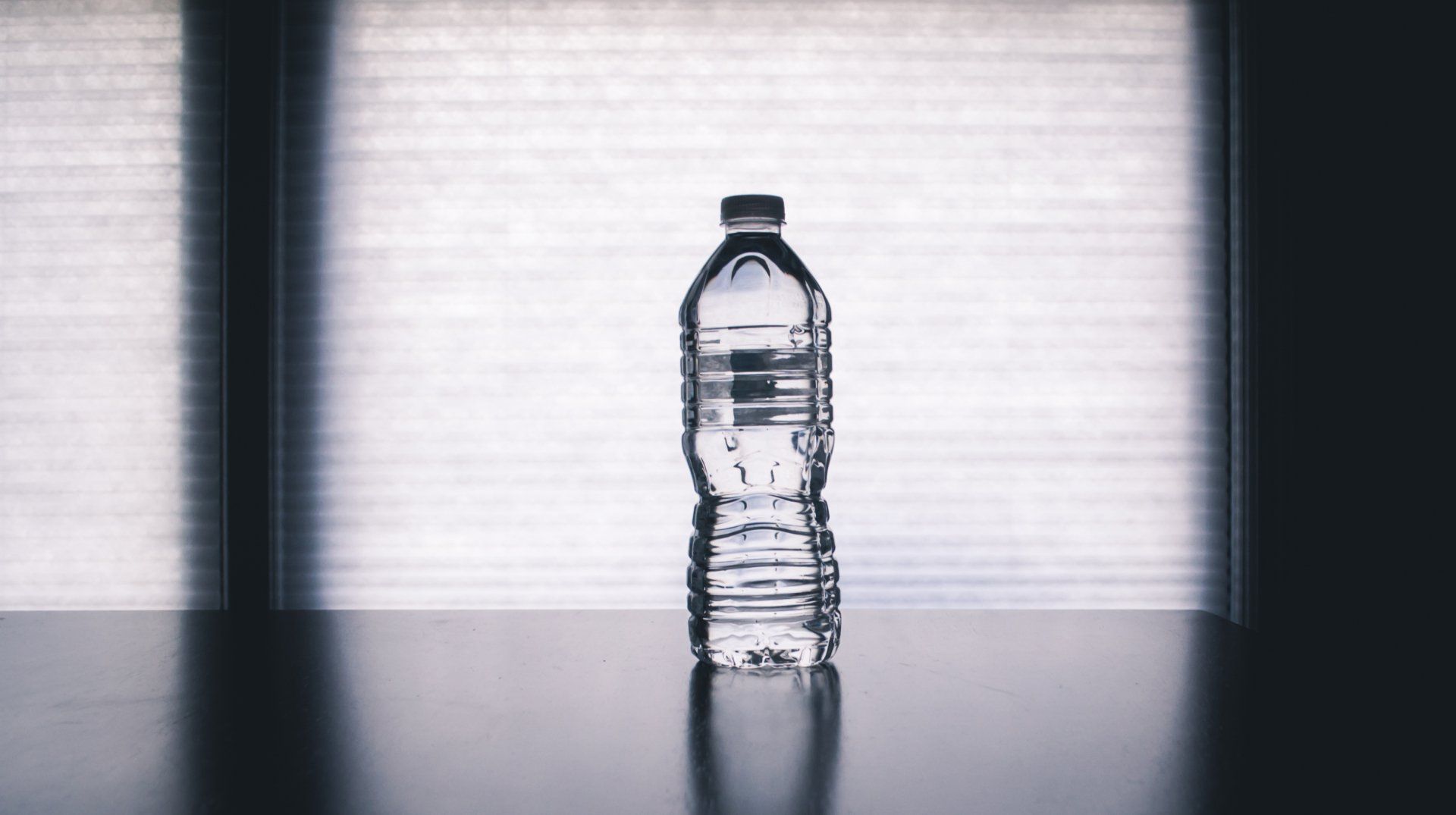Introducing kids to the idea of recycling from a young age is a powerful way to cultivate lifelong habits that benefit the environment.
Teaching children about sustainability through family recycling activities provides a hands-on, engaging approach to understanding why caring for our planet matters. Clovis Recycling encourages families to make recycling a fun and meaningful part of their lives, all while instilling essential eco-friendly values.
In this article, you’ll discover creative ways to turn recycling into enjoyable family time, all without the need for trips to recycling centers. Instead, these at-home and community-based ideas make learning sustainable habits accessible and exciting for every member of the family.
Why Family Recycling Matters
Recycling together as a family can help kids learn invaluable lessons about protecting our planet. When children witness their parents actively participating in recycling, they understand that it’s not just a task but a lifestyle choice that benefits everyone. Recycling at home offers a positive, controlled environment where families can talk about the impact of waste on the planet and work together to make sustainable choices.
Recycling activities allow children to participate, explore, and ask questions. These moments of shared learning set the foundation for kids to adopt these habits on their own. Clovis Recycling supports efforts like these that engage families, encouraging young ones to grow into eco-conscious adults.
Start Small: Why Early Recycling Habits are Key
For young children, building recycling habits starts with small, achievable tasks. Make it simple by starting with easy items like plastic bottles, paper, and cardboard. Explain to kids that recycling helps us take better care of the environment, a concept they can relate to as “taking care of our home.”
Turn sorting recyclables into a game, letting kids race to place each item in the right bin. Celebrate small victories—like remembering to recycle their juice box—and build a sense of accomplishment in their new eco-friendly habits.
Recycling Basics to Share with Kids
It’s helpful to share some recycling basics with kids so they understand what items are recyclable. Explain that items like paper, certain plastics, glass, and metals can be turned into something new instead of going into the trash. Make it visual by setting up clear labels for each type of material, and consider using color-coded bins for sorting.
Talking through these basics helps kids start to see recycling as part of a cycle rather than just “throwing things away.”
Set Up a Family-Friendly Sorting Station
Create a designated area at home where your family can sort recyclables together. Make it visually appealing for kids with labels, colors, and easy-to-read signs that show what goes where. This area becomes a dedicated recycling space, which helps kids learn the process of sorting and taking care of their environment.
Encourage kids to bring their items to the station and help them understand how their small actions contribute to big results over time.
Creative Ways to Make Recycling Fun at Home
There are countless ways to make recycling a fun activity for the family. Here are a few ideas:
DIY Crafts: Transform empty bottles, cans, and cardboard into craft projects. Kids can create toys, decorations, or even practical items like pencil holders from recycled materials.
Recycling Relay Races: Set up a game where family members race to sort items into the correct recycling bin. It adds an element of fun and healthy competition.
Family Recycling Challenges: Set a weekly goal for the amount of recyclable materials collected and reward the family when they reach it. Rewards could be as simple as extra screen time or choosing a family activity.
These activities not only make recycling enjoyable but also spark creativity and curiosity about how old items can take on new life.
Using Storytelling to Explain Sustainability
Storytelling is an excellent way to introduce kids to the concept of sustainability. Share stories about animals whose habitats are protected when people recycle or talk about how recycling reduces pollution in oceans. Storytelling helps kids connect with the importance of recycling in a way that feels tangible and relatable.
Incorporate Recycling into Family Chores
Include recycling as part of household chores so that it becomes a shared responsibility. For example, have your kids help sort recyclables after dinner or let them be in charge of taking recyclables to the curb once a week. Kids will see it as a responsibility rather than an extra task, reinforcing the value of teamwork and environmental care.
Tracking Family Progress with a Recycling Chart
Visual aids can be powerful motivators for children. Create a simple chart to track the family’s recycling efforts, marking off each time you fill a bin or hit a recycling goal. Let kids add stickers to the chart as a fun reward system, celebrating each milestone with family praise. This chart serves as a daily reminder of the family’s commitment to sustainability and motivates kids to keep up their eco-friendly efforts.
Composting as a Kid-Friendly Sustainability Lesson
Composting is an easy, hands-on way to teach kids about the cycle of waste. Gather food scraps like vegetable peels, fruit cores, and coffee grounds, and show kids how these items break down over time to create compost. Explain that compost helps plants grow, and maybe even try planting a small family garden to see the results firsthand.
Simple Sustainable Habits Beyond Recycling
Introduce additional sustainable habits to kids beyond recycling, like reusing jars for storage or reducing waste by using reusable shopping bags. Teach kids that sustainability is more than just recycling; it’s a mindful way of living that considers how everyday actions impact the planet. Start small with reusable water bottles and gradually introduce new habits as kids get comfortable.
Teaching Kids to Become Sustainability Advocates
Encourage kids to share what they’ve learned with friends and family. Let them know they can be “planet protectors” by telling others why recycling and reducing waste matters. When kids feel empowered to speak up, they become more invested in sustainable practices, building a sense of pride in their positive impact on the planet.
The Importance of Avoiding Waste
While recycling is important, it’s also vital to teach kids about waste reduction. Explain that recycling is one solution, but minimizing waste in the first place is even better. Show kids how choosing products with less packaging or opting for reusable items can reduce the amount of waste generated.
Building Lifelong Sustainability Advocates
Teaching kids about recycling through family activities not only builds sustainable habits but also strengthens family bonds. Clovis Recycling encourages these at-home initiatives, which transform everyday routines into a family effort toward a healthier planet. Through creativity, games, and shared responsibility, kids learn that every action counts, and that they play a vital role in caring for the earth.
With time, these practices become second nature, guiding children to become lifelong advocates for sustainability.


